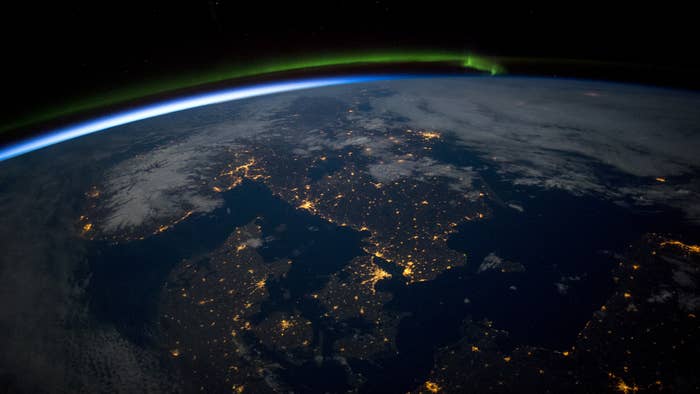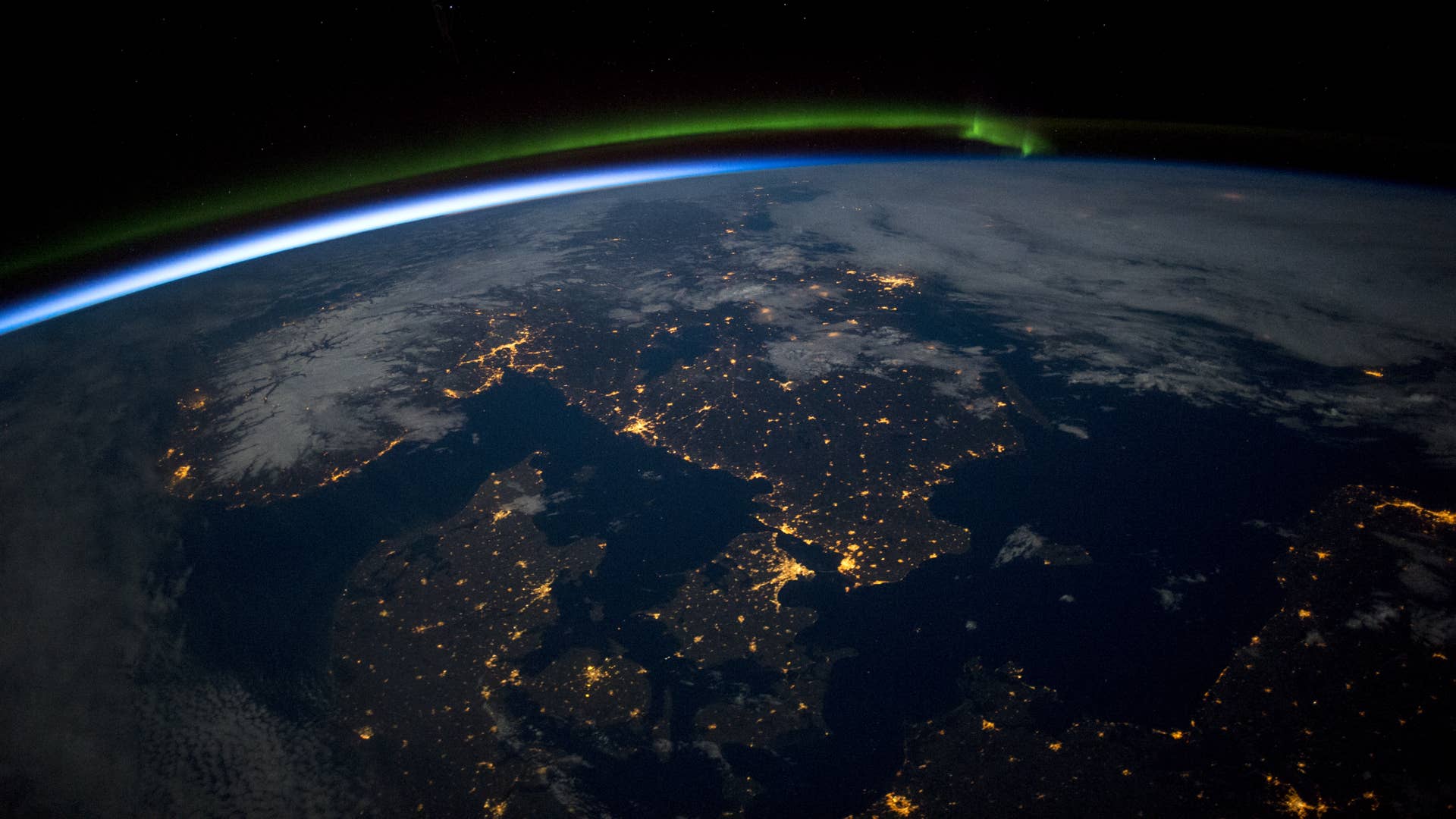
Planet earth is getting very close to reaching a population of 8 billion human beings.
While eight billion people sounds like a lot of fucking people, and it undeniably is, there is quite clearly some division among population-focused researchers and related experts on whether or not the rate we’ve seen in recent decades will continue. And more importantly, the concern for many is whether or not such numbers will be even remotely sustainable in the future amid an increasingly complicated (and in many instances, almost unlivable) existence.
A recent example of documenting the ongoing global population discourse surrounding that massive-sounding eight billion figure is this piece in the Wall Street Journalpublished earlier this month. As the piece notes, the United Nations earlier this summer shared a detailed breakdown on their prediction of when, possibly, the planet will surpass that mark. But the piece also notes that the figure could prove important for a different reason, namely that it stands as part of a recent fleet of signs that the planet could be moving toward a state of peaking, population-wise.
In July, Michael Herrmann—who serves a Senior Adviser of Economics and Demography of the United Nations Population Fund (UNFPA)—minced no words in laying out how “unrealistic” many aspects of the current response to population concerns is.
“While the status quo might be comfortable for many, we need to recognize that the notion of a stable population is unrealistic,” Herrmann said at the time. In the same piece, it’s noted that the U.N.’s prediction is that Earth will hit eight billion people by the middle of this November. By comparison, the estimated global population figure back in 1952 was at 2.5 billion. Looking ahead, based on UNFPA-shared estimations, the planet could add another 2.5 billion by 2092.
Herrmann also proposed what he billed as three possible solutions for population-spurred worries in the years ahead. Among them was the need for forward-thinking plans, using population data as a basis. Governments should also be aiming to enable the construction of institutions that can withstand expected changes, all while taking a “people-centered” approach to policy development and implementation (including, most importantly, in areas of human rights).
The U.S. Census Bureau, meanwhile, said earlier this year that its own projections show that the planet should hit eight billion people in total population in 2023.
Is the planet (or more specifically, the various powers controlling its resources and institutions) up for the growing challenge of what eight billion people (and beyond) means? That remains to be seen, not to mention, the issues at the core of this worldwide discussion have been both brought to the forefront and further complicated by the ongoing COVID-19 pandemic.
In the meantime, the best thing we can do on an individual level, it seems, is to just hang in there, whatever that means for you.


